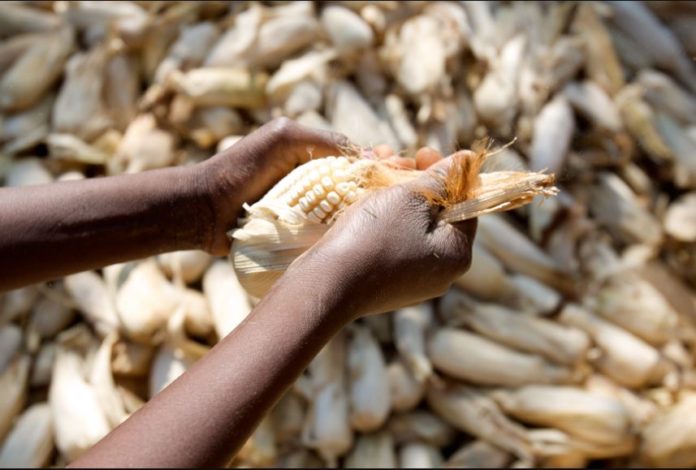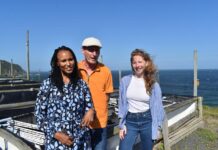Liberia’s Ministries of Agriculture and Health, along with the United Nations World Food Programme (WFP), and sector partners have launched rapid food security and nutrition assessment in urban and rural communities of Liberia.
The program which will run for two weeks, will cut across Liberia’s 15 counties. It is part of efforts to assess the impacts of the global crisis on the agricultural production, rural livelihoods, food security and nutritional status of households and communities.
Liberia – Socio-economic shocks of the COVID-19 pandemic and the conflict in Ukraine have hampered the already precarious food security situation in Liberia in recent years. According to the 2022 State of Food Security and Nutrition in the World (SOFI) report, the number of people affected by hunger globally rose to as many as 828 million in 2021, an increase of about 46 million since 2020 and 150 million since the outbreak of the COVID-19 pandemic, with Sub-Saharan Africa bearing the heaviest burden.
Ukraine-Russia’s crisis
The current Ukraine-Russia’s crisis has impacted Liberia at both the macro and household levels. According to the Assessment of the Risks and Impact of the Russian-Ukrainian Crisis on Food Security in the ECOWAS Region – June 2022 carried out jointly by FAO, WFP and ECOWAS; the total cereal production (maize, rice, millet, sorghum, fonio and wheat) is down by 1.8% compared to last year for all West African countries. In Liberia a 10% decline in the local production of rice in 2023 as compared to 2022 is expected.
“In Liberia, we’ve been facing several ongoing shocks and those shocks are known to be the kinds of shocks that increase vulnerability and reduce resilience. But how far has vulnerability increased, or resilience eroded? These are things we don’t really know,” said the Minister of Agriculture, Jeanine M. Cooper. “Because of the crisis in Ukraine, and the harsh dry season that we faced where water levels dropped below what we can remember, we realized that we have anecdotal evidence that we have a crisis on our hands, but we don’t have the robust, evidence-based, technical reliance. So, I’m very happy to launch this assessment so we have data on what is going on in terms of food security, malnutrition, and vulnerability that our populations face and so that we can design our responses, programs, plans and structure them to help people get through these shocks and increase their resilience so that these shocks, even though they continue, do not turn into a disaster.”
The Rapid Food Security and Nutrition Assessment, funded by the United Nations Joint SDG Fund, will be undertaken by key partners including the Ministries of Agriculture and Health, UN Agencies (WFP, FAO, UNICEF and WHO) and NGOs.








